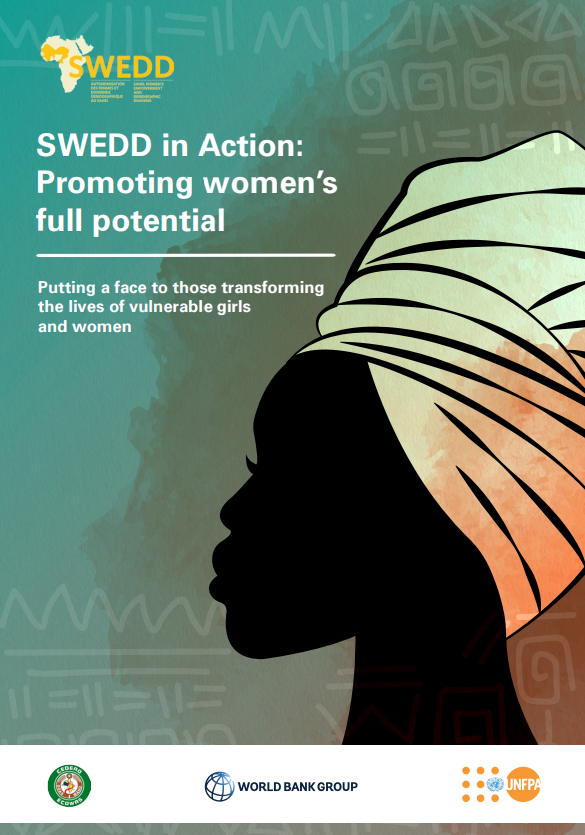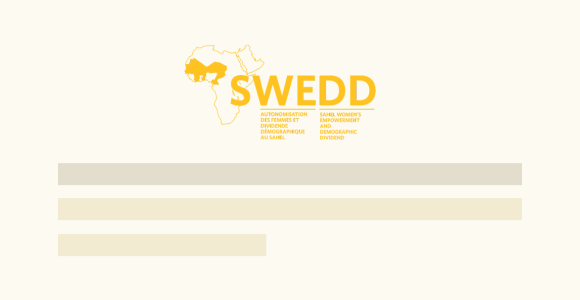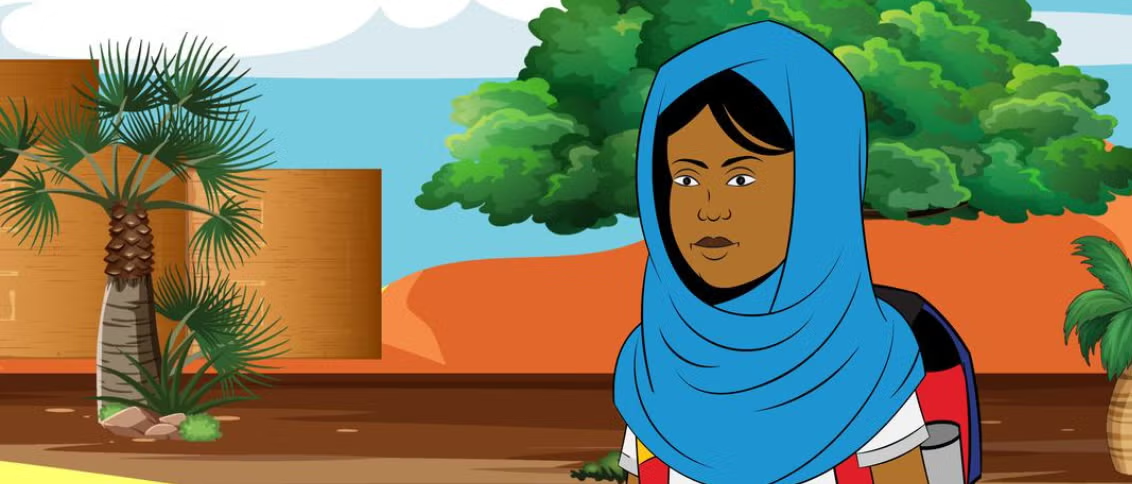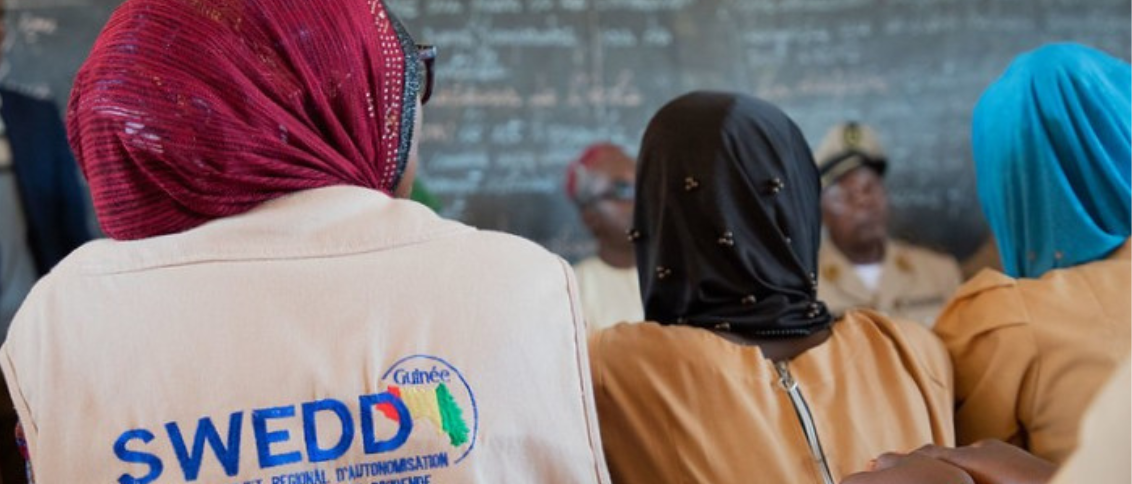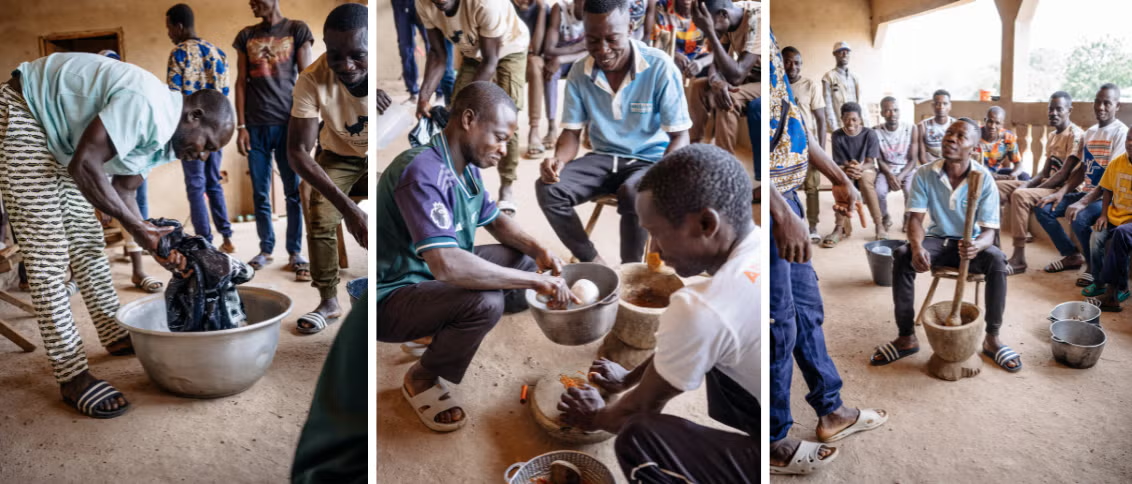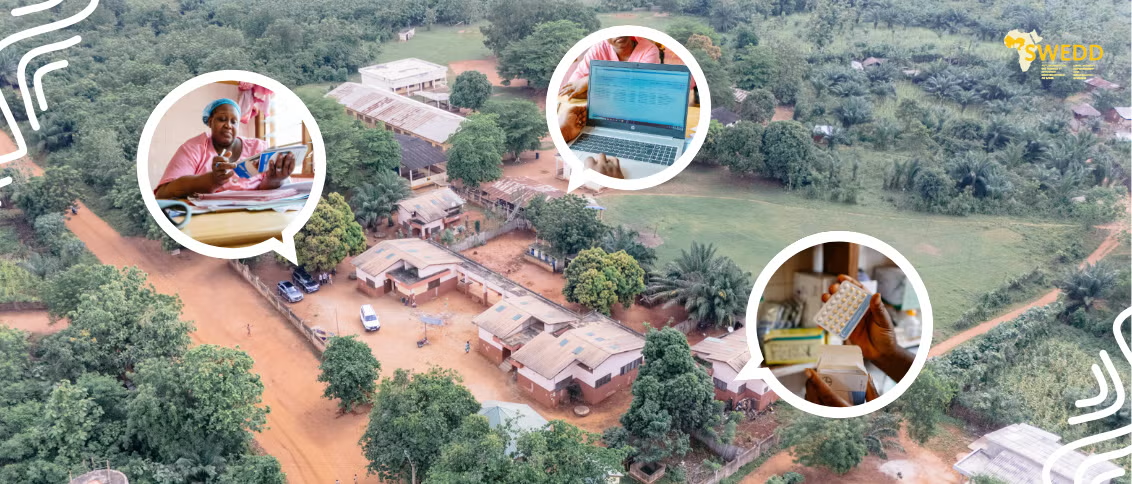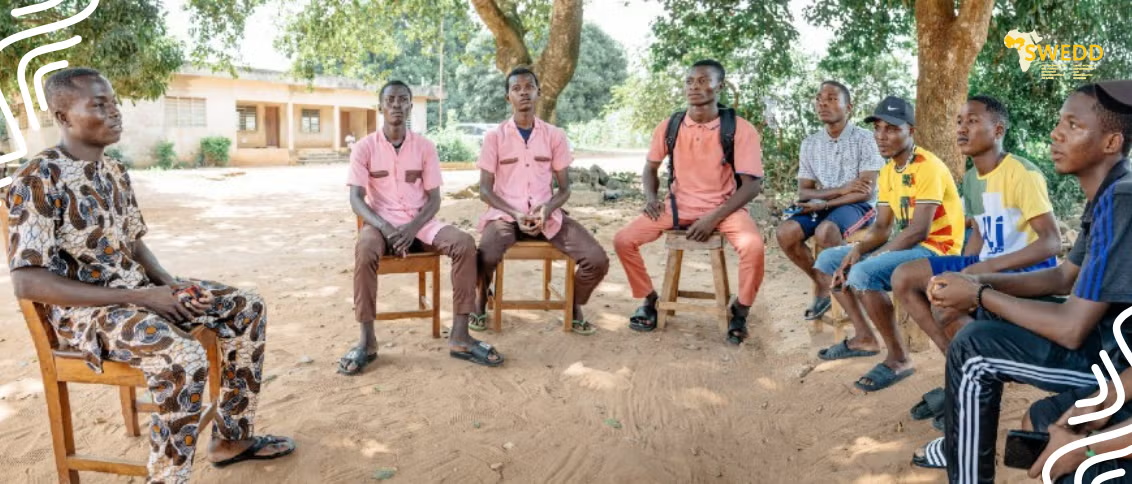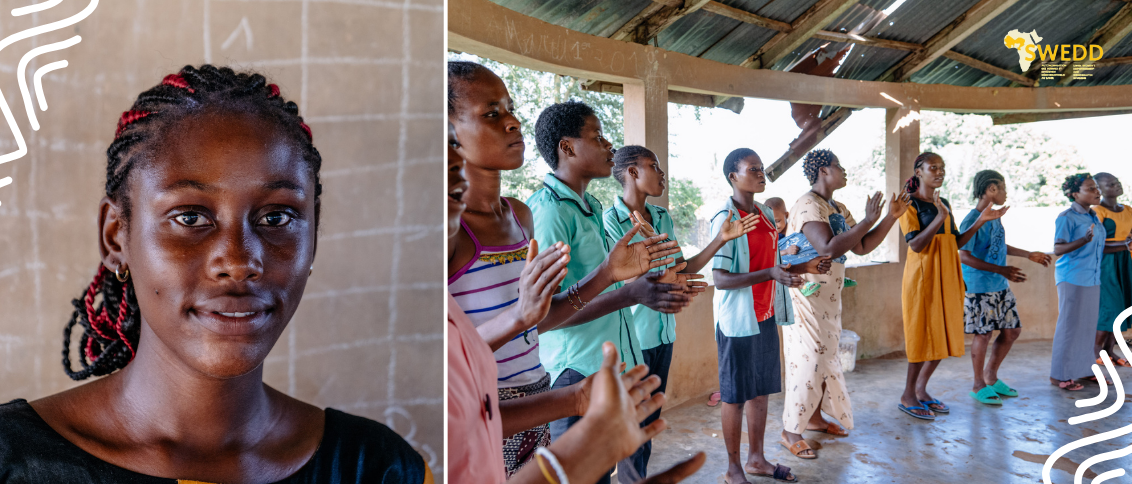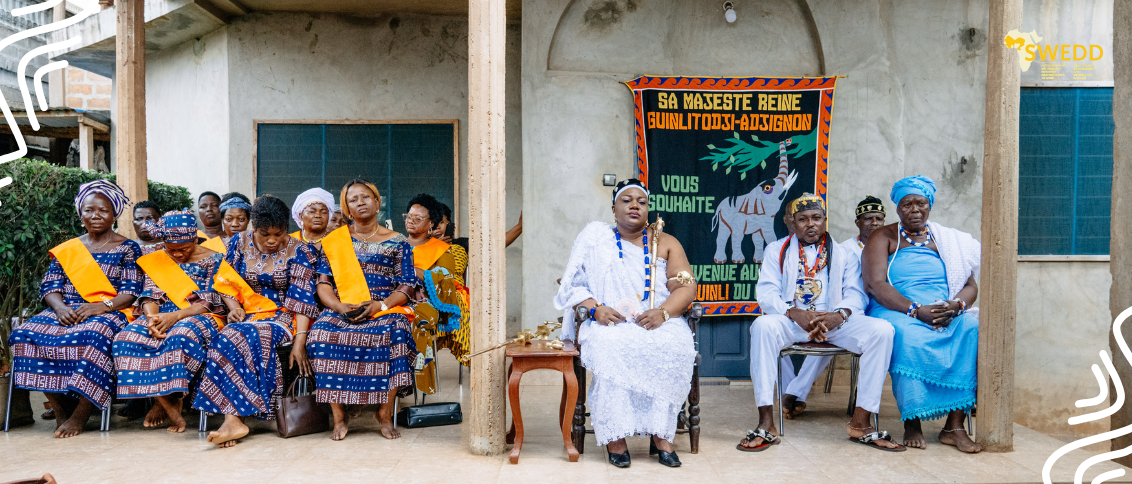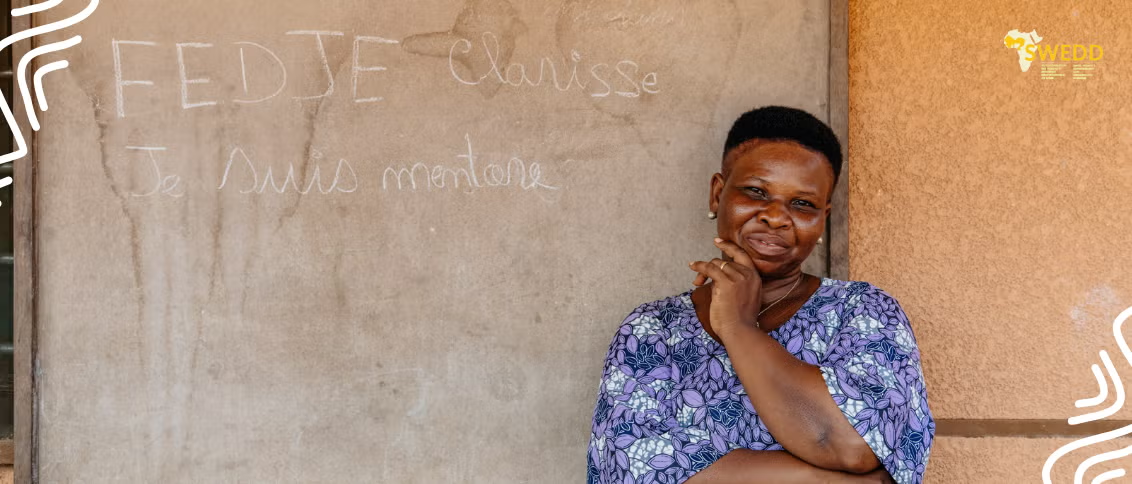

NEWS
"Each additional year of education reduces poverty"
06 June 2024

A chemist by training and a teacher by trade, Aïcha Bah Diallo, 80, has been Minister of Education for Guinea and Director of Basic Education for the United Nations Education, Scientific and Cultural Organization (UNESCO). A knowledgeable speaker of multiple languages, she has received numerous awards, founded several networks and is an internationally respected figure. She is one of the ambassadors for the Stronger Together campaign because of her lifelong commitment to girls’ education.
A member of UNESCO’s Liaison Committee and the awards committee for the Mo Ibrahim Foundation Prize for Achievement in African Leadership, this former Minister of Education for Guinea is always hard at work in her chosen field. In May 2022, she was appointed chair of the board of directors of the National Service for Foreign Scholarships (SNABE) in Conakry. The measures she introduced as Minister of Education from 1989 to 1996 doubled the number of students enrolled, from 113,000 to 233,000.
“Poverty was the main problem,” she recalls, “as well as the distance between schools and homes, which made girls even more vulnerable. For them to stay in school and succeed, we also had to focus on the quality of education, including gender-sensitive teachers and teaching materials, and making parents aware of the need for education for all.”
“The significant positive effect of education on earned income is well established,” she says. “Each additional year of education results in an increase of around 20 per cent, and directly contributes to poverty reduction. Gender equality, health for all, tolerance and peace, environmental protection, economic development: society has everything to gain from this.”
Aïcha has taken action on several fronts, including encouraging girls to study mathematics and science, with the help of a scholarship programme. She has enabled adolescent mothers to return to school after the birth of their child, and launched the establishment of Nafa centres, which provide a second chance at education for out-of-school children.
From 1996 to 2005, she was responsible for education policy at UNESCO, where she was appointed to help improve women’s education in least developed countries. Her acclaimed work positioned her as a champion of educational reform in Africa. She progressed from Director of Basic Education to Deputy Director General for Education, then Deputy Director General.
In 2005, she helped set up the Association for Strengthening Higher Education for Women in Africa (ASHEWA) and was appointed Special Advisor to the Director General of UNESCO for Africa, a position she held until 2009.
Find out how the SWEDD project is changing lives across sub-Saharan Africa in the book SWEDD in Action: Promoting Women's Full Potential here
